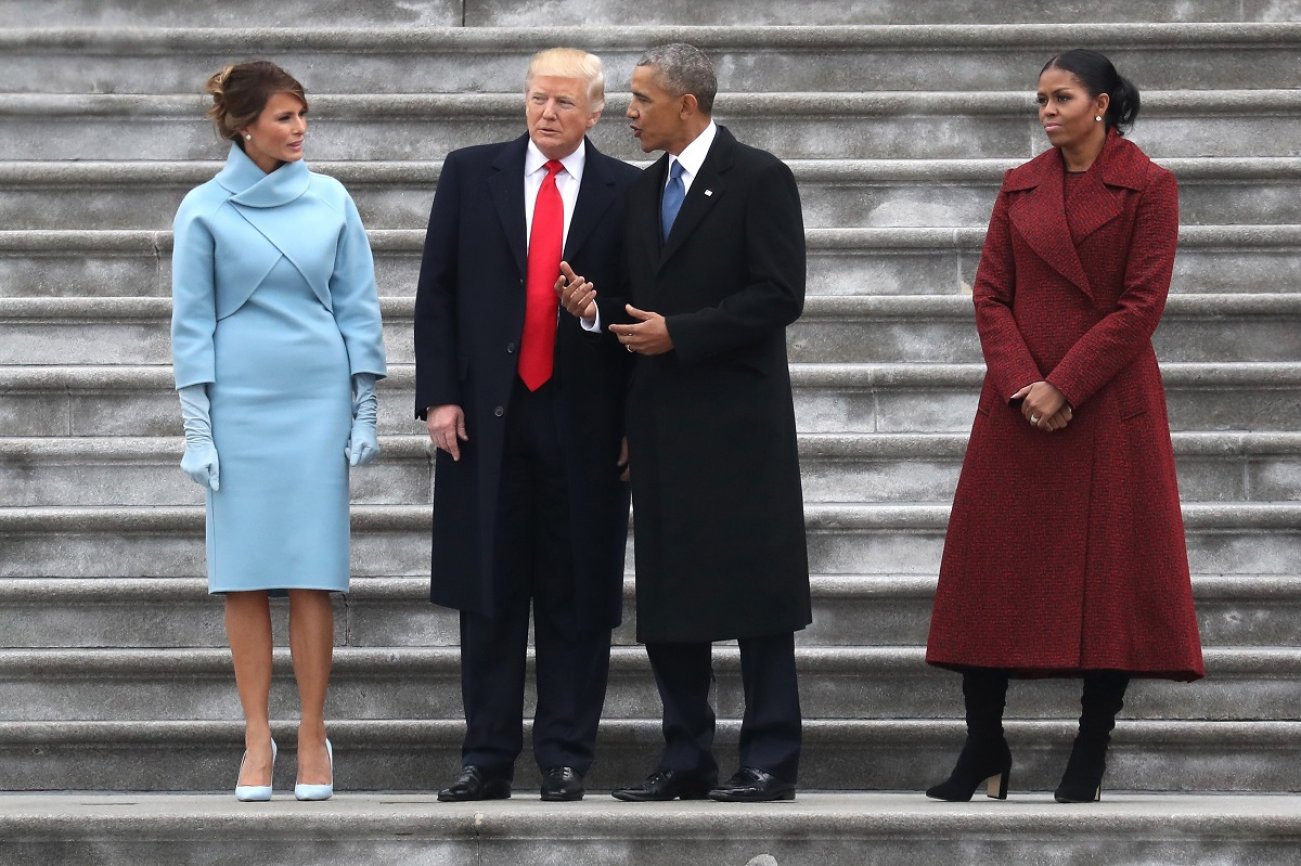Nikolas K. Gvosdev
Politics, Americas

THE BIGGEST mistake a prospective Biden administration could make would be to equate the voters’ rejection of Donald Trump as an affirmation of the direction of pre-2016 American foreign policy and to try and reset the clock. The 2020 election results do not change the fact that Americans are much less willing to pay the costs of our supposed indispensability in world affairs. The polling data assembled by the Chicago Council on Global Affairs, the Eurasia Group Foundation, and the Carnegie Council for Ethics in International Affairs is clear: Americans want to remain engaged in the world and want the United States to play a leading role in the system. But they want to amend or fine-tune that role, to reduce our current overdependence on the military instrument of power, and not always to be the first responder and principal bill-payer for every international crisis. Increasingly, arguments much beloved of the Washington think-tank community—stressing the importance of American “leadership” and “credibility” for why the United States must assume overseas burdens—matters less to them than whether America’s network of alliances and partnerships translates into concrete action to make them safer, protect their jobs and livelihood, safeguard their health, and secure their technology.
Joe Biden himself understood during the campaign the importance of connecting foreign policy to the “doorstep” issues of average Americans. The campaign, at least on its website, connected America’s posture in the world to the strength and resilience of the American homeland. However, the foreign policy professionals who usually staff presidential administrations in both parties often prefer to delink domestic policy from American grand strategy. Given that the shift towards organizing U.S. foreign policy in terms of great power competition with Russia and China started during the second term of the Obama administration, it may be a natural fit for likely Biden/Harris appointees in the national security realm to want to focus how America can play the geopolitical grand game and assume that the voters will give them a blank check. This, however, would be a mistake.
Any new administration to first start with an affirmative vision for the U.S. role in the world, especially in terms of a post-pandemic order, and only then, as Ali Wyne has put it, to “determine how and where selective contestation … with China and Russia advances that affirmative vision.” In other words, a foreign policy that takes as its starting point an a priori American obligation to contain and roll back the influence of Russia, China, and other revisionist powers, particularly at the behest of allies and partners, without clear linkages as to how this will generate improvements in security or prosperity for Americans will not rest on a steady foundation of public support. As we saw during the Obama administration, the desire of the national security team to robustly insert American power around the globe ran up against domestic political priorities and the well-honed political instincts of the president himself who realized Americans would not rally behind any major expenditure of blood or treasure in the service of strategic moves on the global chessboard. The low-cost/no casualty paradigm that resulted has led to suboptimal outcomes for the United States around the world.
The new administration has an opportunity to define an affirmative vision for the 2020s that can both advance America’s geopolitical position on the world stage, but also be linked to concrete benefits that Americans will receive. Luckily, there is a momentary convergence of grand strategy and “the doorstep”: the coronavirus pandemic and various missteps by China create the grounds for reconceptualizing America’s traditional alliance relationships in Europe and Asia not simply as security partnerships but to redirect trade, investment, and innovation connections that can connect to the American economy. Whether accurate or not, Americans outside the Beltway have been conditioned to think of their alliance relationships as drains on American resources—commitments to defend far-flung territories. Instead, steps need to be taken so that these alliances can contribute to the health security of Americans (in fending off current and future pandemics), securing supply chains so that important goods and services are sourced from within these partnerships, and developing the next levels of technology (such as 6G).
A new administration must recognize, as the Munich Security Conference has, that the American public is “now both less able to be a guarantor of the international order and less willing to make over proportionate contributions” to sustain it. Rather than seeing this as a problem to be ignored, the Biden team should build on the campaign focus of strengthening the overt linkages of American foreign and security policy to the doorstep concerns of the voters. If Americans embrace U.S. global engagement as vital to their personal health, their paychecks, and even the security of their smartphones, the foundations for a new and enduring political consensus for U.S. foreign policy can be laid.
Nikolas K. Gvosdev is a Professor of National Security Affairs at the U.S. Naval War College and holder of the Captain Jerome E. Levy Chair in economic geography and national security. He holds non-residential fellowships with the Foreign Policy Research Institute and the Carnegie Council for Ethics in International Affairs. He is a member of the Loisach Group, a collaboration between the Munich Security Conference and the Marshall Center that works to enhance U.S. and Germany’s security partnership. He is a Contributing Editor for The National Interest.
Image: Reuters.